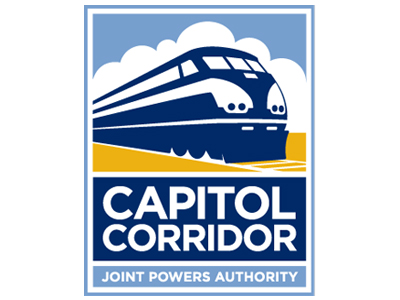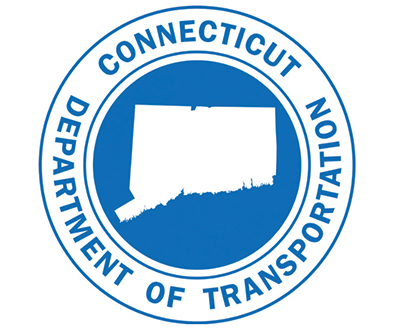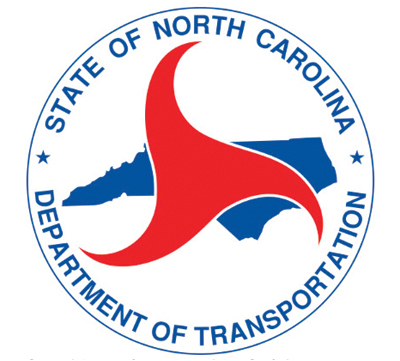Overview
SPRC’s Mission is to promote the development, implementation, and expansion of Intercity Passenger Rail as part of an integrated national transportation network. It accomplishes this by working together with a non-partisan approach to:
- Promote research, planning, development, implementation, operation, sustainability, and expansion of publicly supported intercity passenger rail service throughout the United States,
- Facilitate coordination and cooperation among state officials and between the public and private sector at all levels (federal, state, and local),
- Advocate and assist in the pursuit of state and federal funding to support on-going development of America’s passenger rail system, and
- Support current efforts and projects managed by state transportation departments.
The Coalition offers a centralized forum to interact with decision-makers, stakeholders, and advocacy groups to share information and provide direction in support of intercity passenger rail. Also, the Coalition serves as the sole “states-only” passenger rail organization whose involvement includes Amtrak’s state-supported routes, the Northeast Corridor, and the national long-distance network.



























